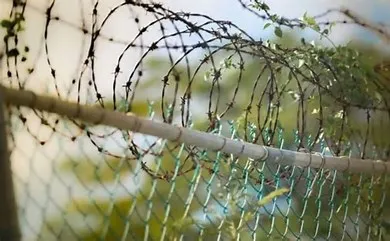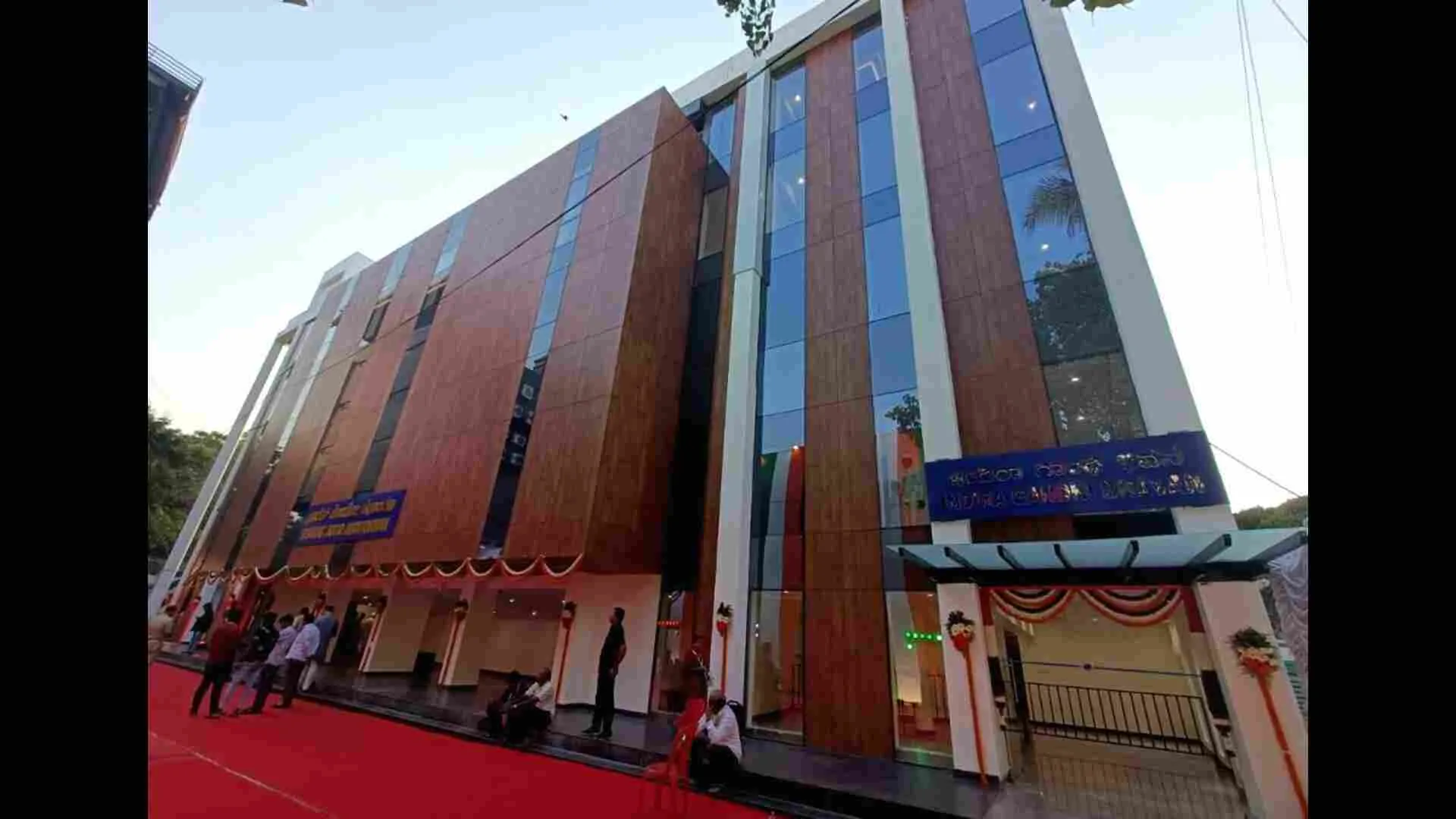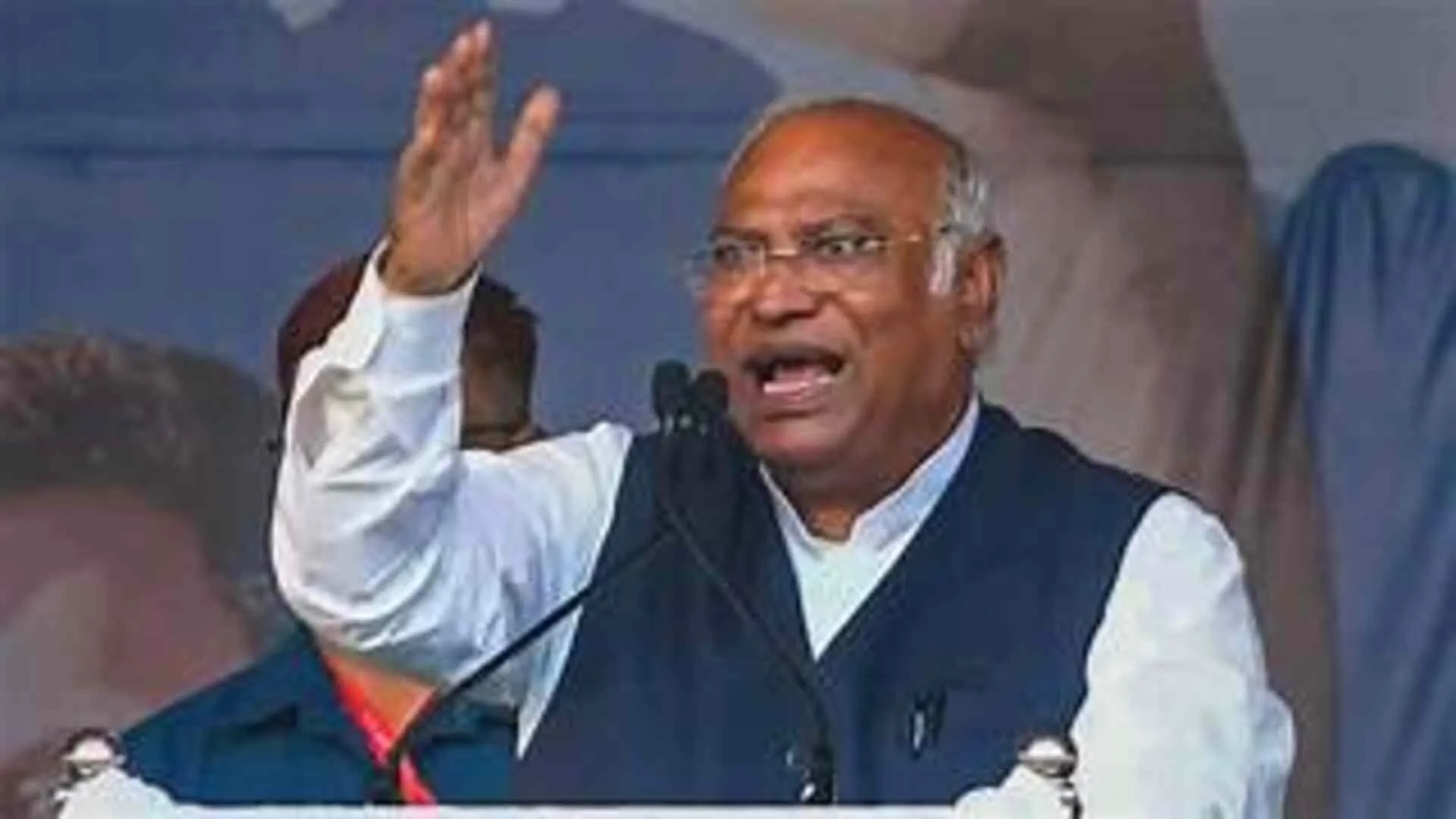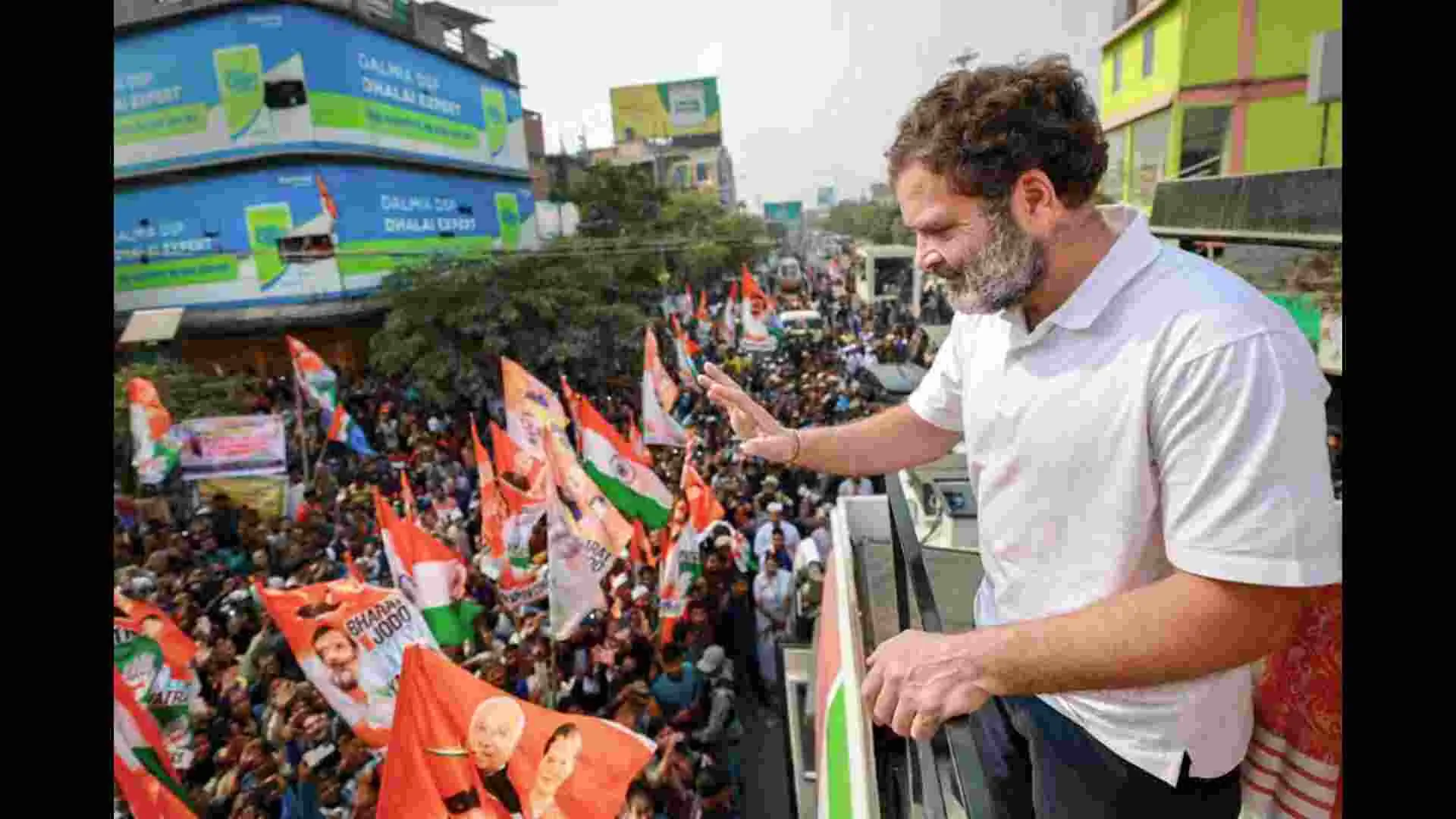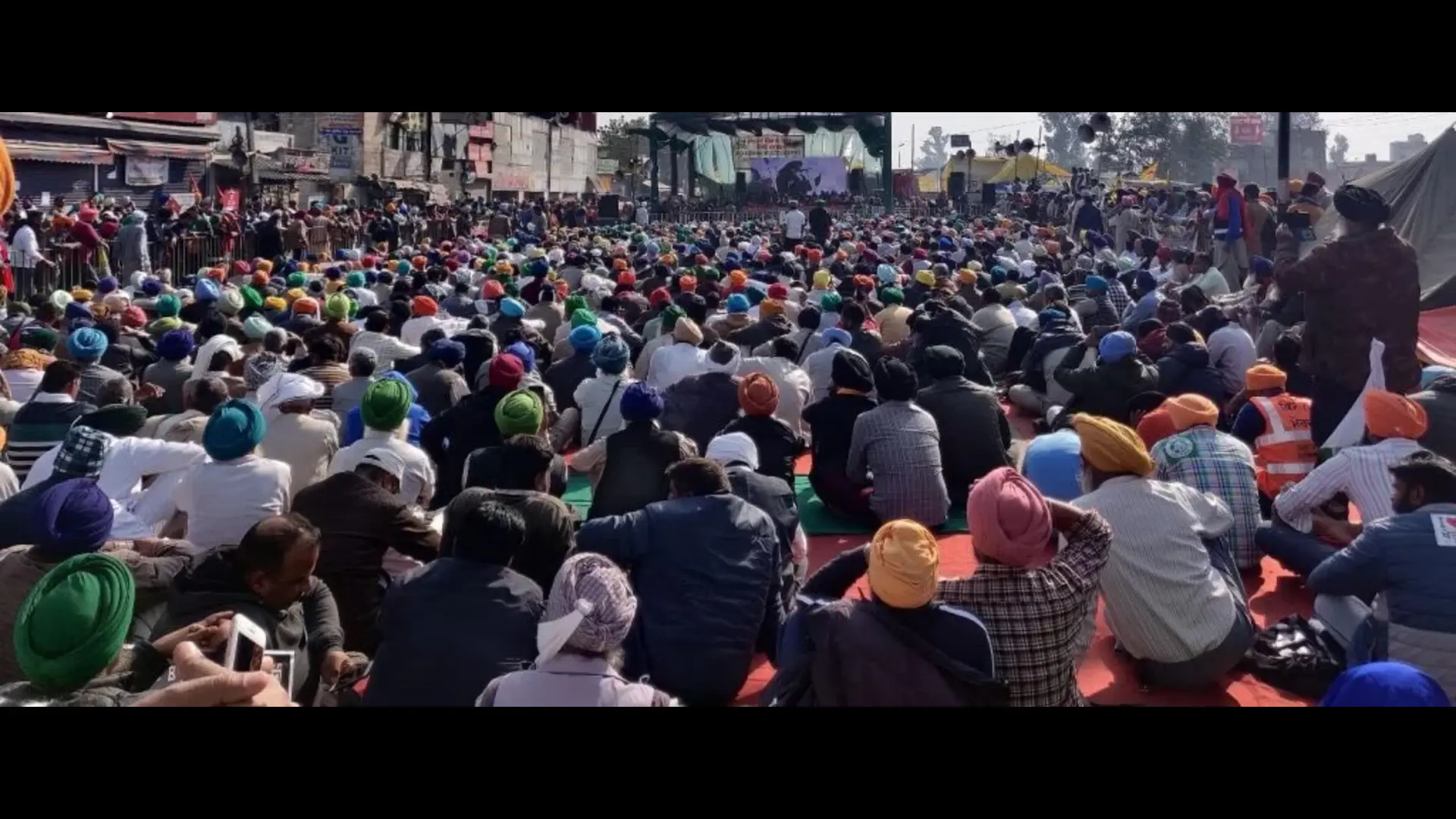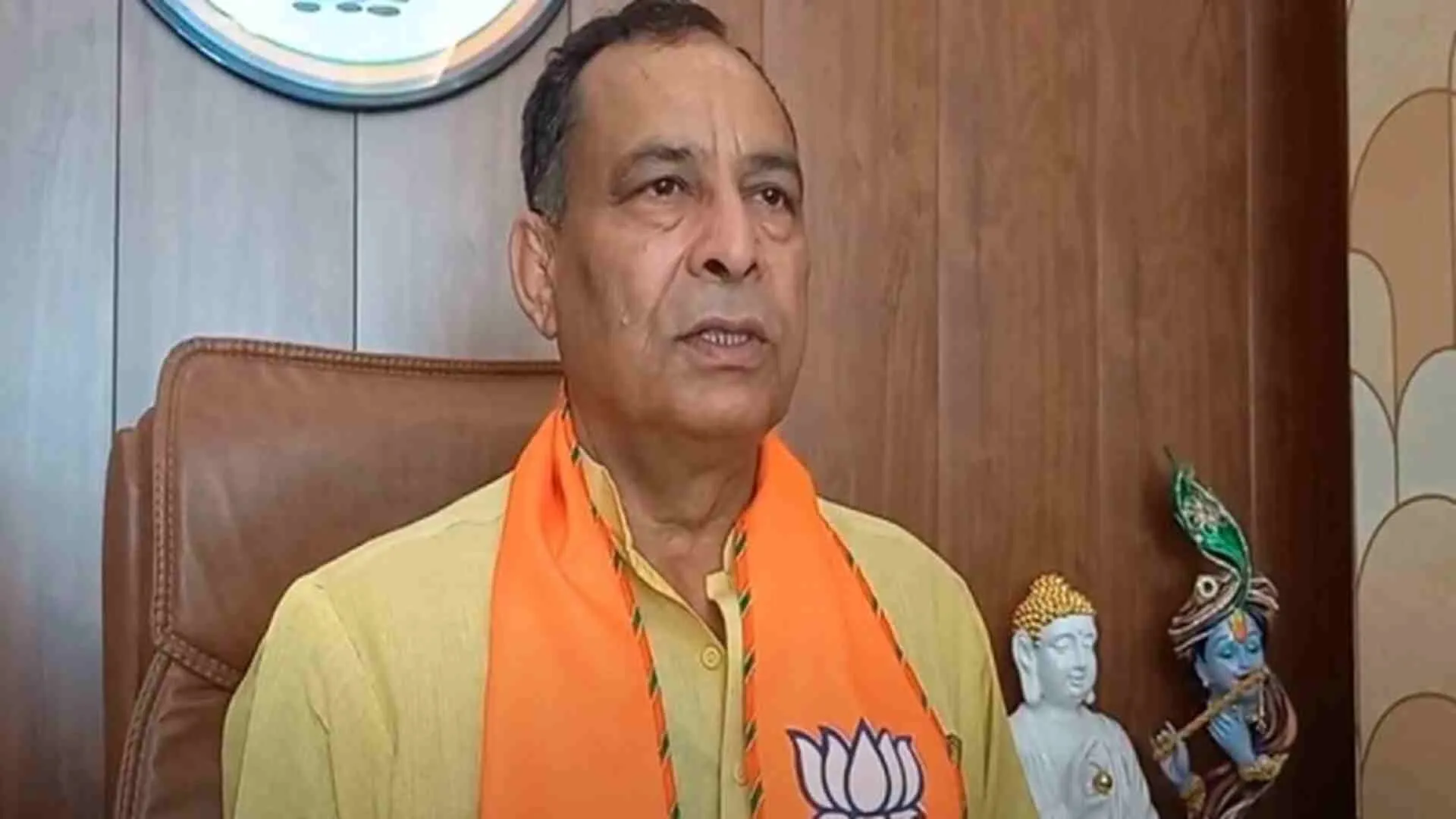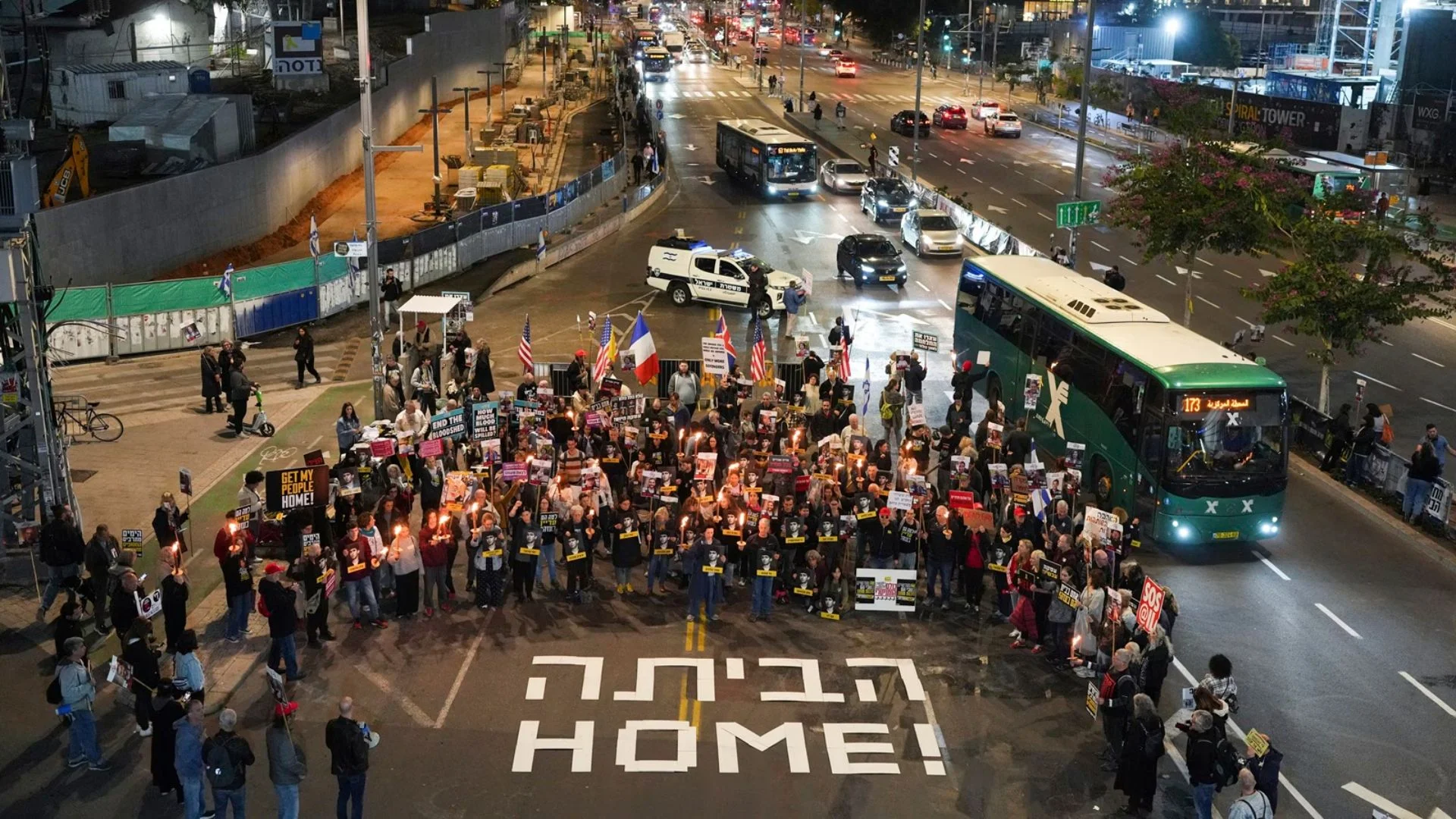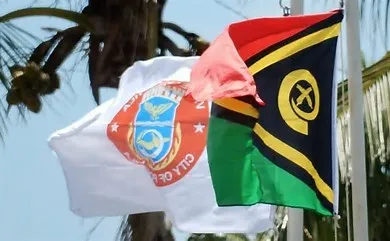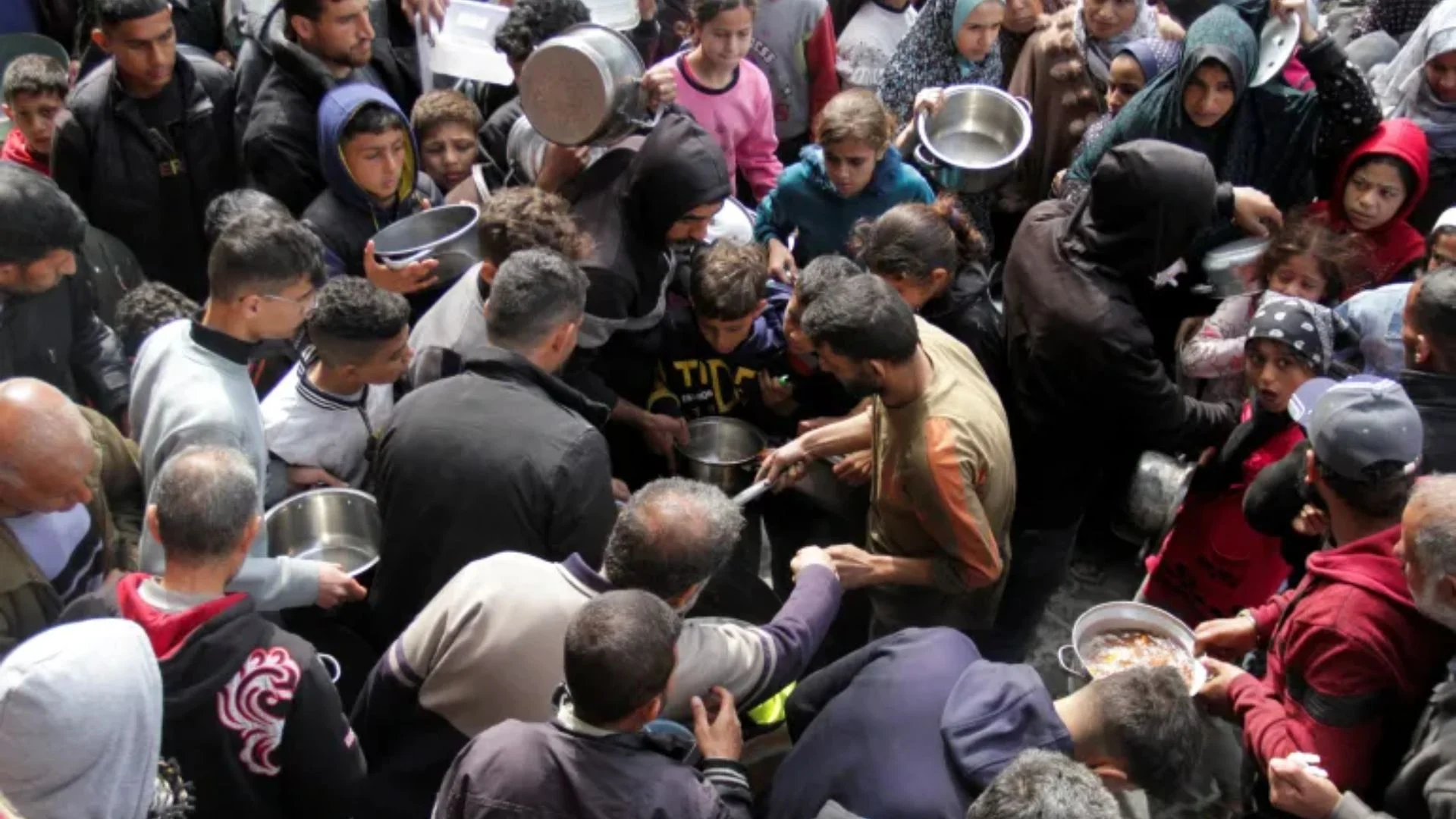Rain brought much-needed relief to parts of the national capital on Friday, providing respite from the intense heatwave affecting the Delhi-National Capital Region (NCR).
According to the weather office, the minimum temperature in Delhi settled at 28.4 degrees Celsius on Friday, which is normal for this time of the season.
The India Meteorological Department forecasted partly cloudy conditions in the national capital over the weekend, further easing the simmering heatwave.
The maximum temperature in Delhi is expected to hover around 40 degrees Celsius, as reported by news agency PTI.
The Air Quality Index (AQI) in the national capital on Friday was categorized as “moderate” with a reading of 173 at 1 pm, as per the Central Pollution Control Board’s data.
The people of Delhi have been grappling with an intense heatwave and a severe water crisis. The ruling AAP government in Delhi has accused the BJP-led Haryana government of not releasing water, exacerbating the crisis in the national capital. Meanwhile, Delhi Water Minister Atishi initiated an indefinite hunger strike in south Delhi’s Bhogal area on Friday to push for more water from Haryana.
The prolonged heatwave sweeping across large parts of the country has resulted in more deaths, with 143 recorded fatalities and 41,789 individuals suspected of suffering from heatstroke between March 1 and June 20 this year, according to PTI.
Union Health Minister J P Nadda directed officials on Thursday to visit central hospitals regularly as long as the heatwave persists. Their task includes ensuring separate arrangements for affected patients and assessing the number of heatstroke-related deaths in recent days.


